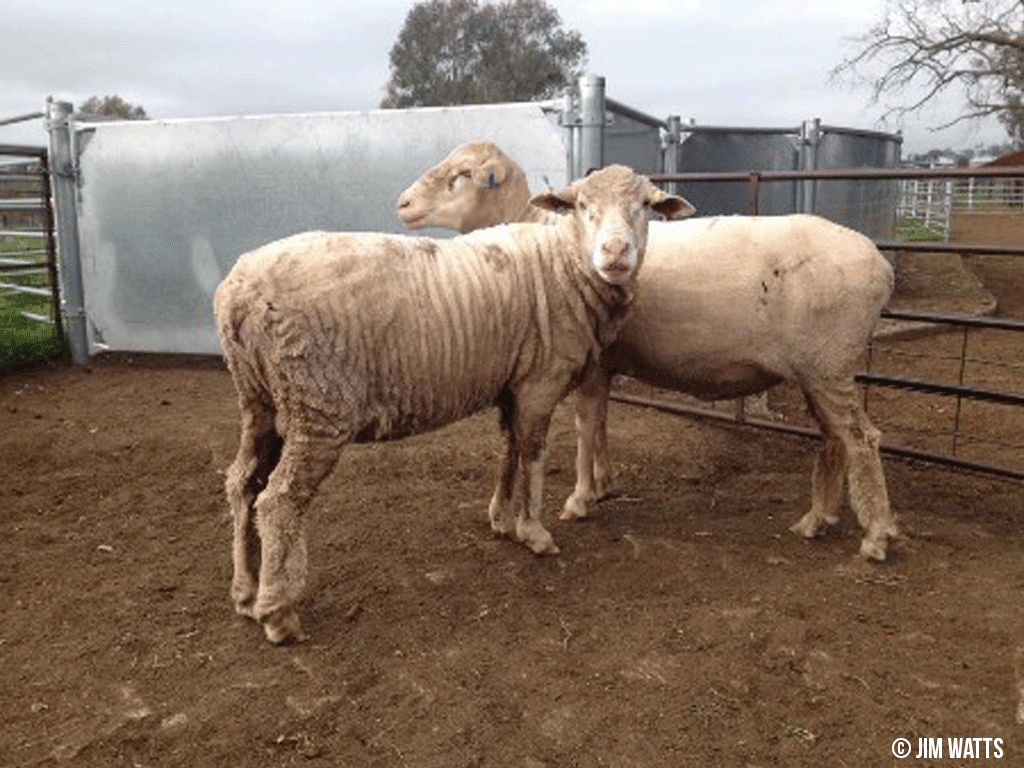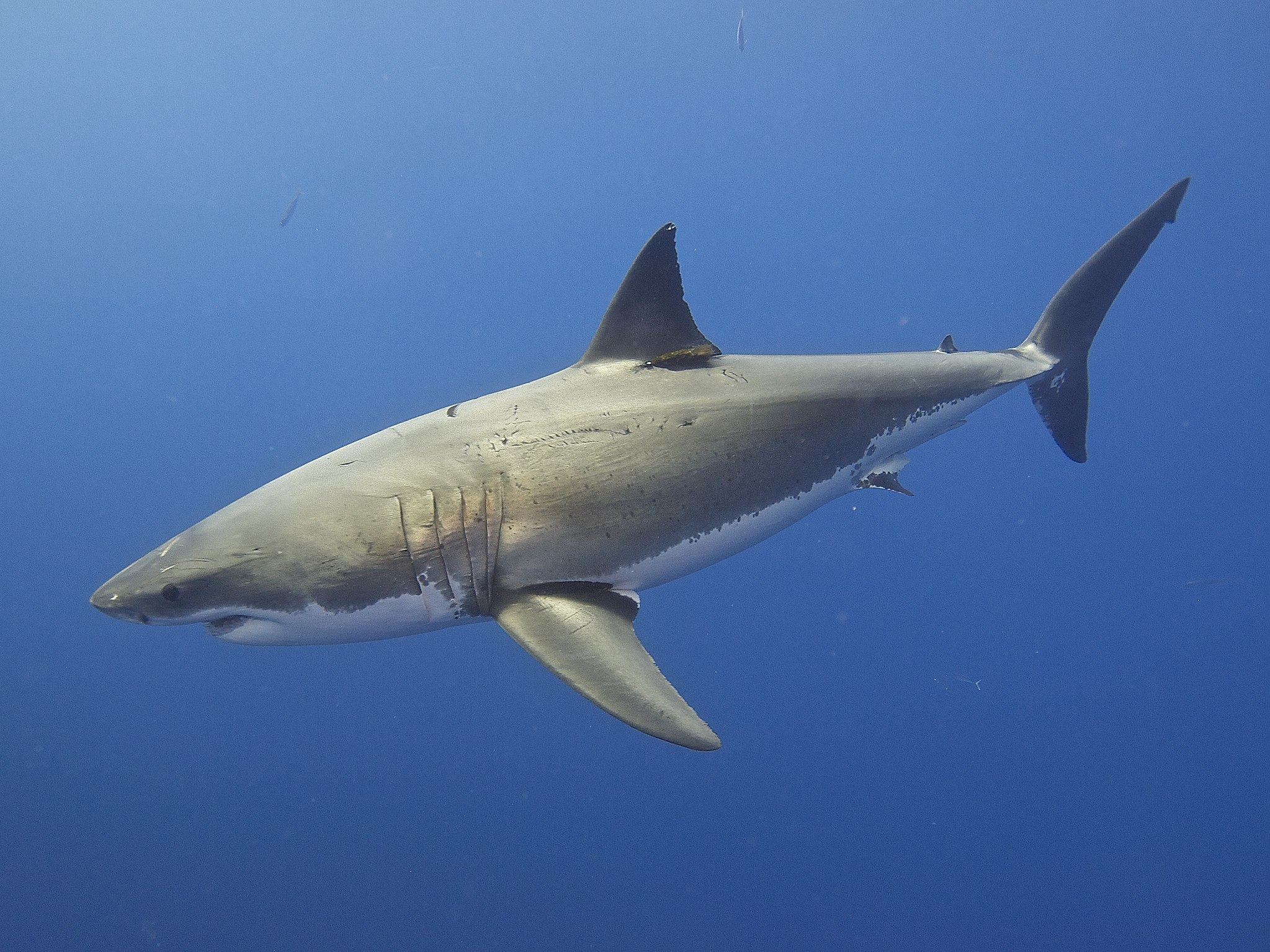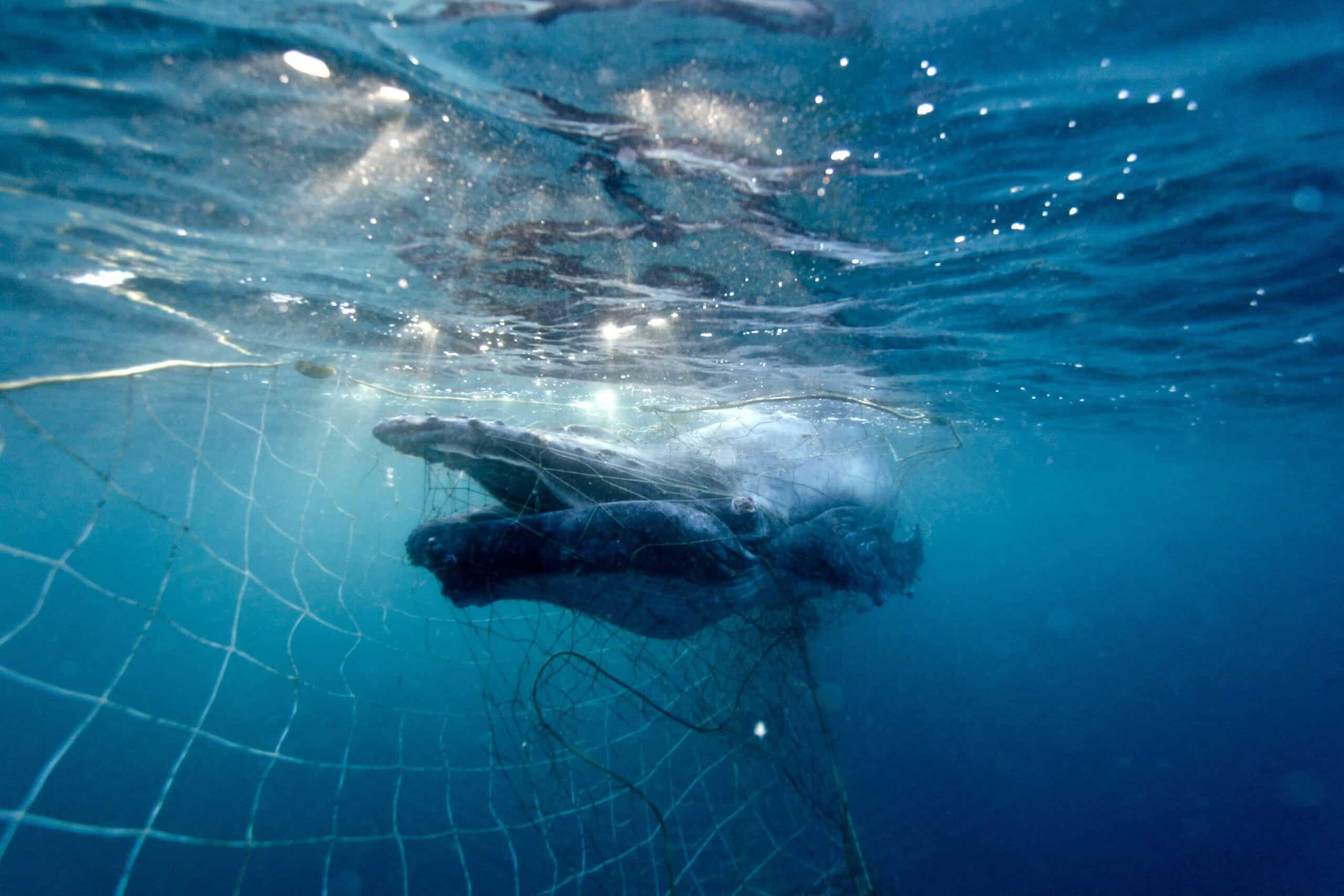Research shows that Australia’s great white sharks are highly related to each other and may consist of fewer than 500 breeding animals. SYDNEY, 24 June 2025: Latest research has found Australia’s great white shark population is much smaller than expected, increasing their vulnerability to further population threats. The population...
There are some farming practices which are unacceptable and need to be left behind in history. Mulesing is one example. Touted as the best means of flystrike prevention by the majority of Australia’s woolgrowers who persist with it, if you delve a little deeper you’ll find innovative wool producers have found a better way. The HSI Better Wool Guide is designed to support them and encourage the rest of the industry to follow.
To explain first of all for those who are new to this topic, most Australian wool growers continue to breed sheep with very wrinkled skin thanks to the belief that they can cut more wool. But these sheep also come with the added risk of being flystrike prone. This is when their wrinkled skin, particularly around their messy rear end, offers a perfect breeding ground for blowflies whose maggots end up feeding off their delicate skin. As you can imagine, flystrike is extremely painful and sheep can get ‘struck’ in other areas, not just on their behinds. So to prevent this painful condition, an estimated 13-20 million lambs are subjected to another painful practice instead!
Mulesing is where shears are used to slice off strips of skin either side of the tail creating smooth scar tissue, often without any pain relief whatsoever. The scarred skin becomes resistant to blowflies. But thankfully there’s a better way to avoid both welfare issues, mulesing and flystrike.
The better way is to breed plain-bodied sheep without wrinkles that don’t need to be mulesed. Around ten percent of woolgrowers are already producing non-mulesed wool though plain-bodied genetics, a huge welfare win for their sheep and without any financial compromise for producers. This genetic solution is the humane way to manage flystrike, and end the need for painful mulesing.

Just last month, an independent report co-commissioned by HSI and FOUR PAWS showcased the financial and animal welfare success of wool producers who are now breeding flystrike resistant sheep instead of mulesing and finding its good for business. It demonstrates that other wool growers have no excuses to continue mulesing their sheep. The BG Economics report, ‘Towards a Non-Mulesed Future‘, is available here, and explained in this video.
Although governments and wool industry leaders continue to drag their heels on ending mulesing, fortunately consumers and brands are trending in the opposite direction, demanding a more compassionate wool product. As more retailers and brands are saying ‘no’ to mulesed wool, phasing it out from their supply chains, we set out to compile a list of them to help consumers see if their favourite brands are among them.
Consumers and brands are driving the demand for progress in animal welfare and we are delighted to offer our Better Wool Guide, listing brands and retailers with policies against mulesing or commitments to phase it out. Country Road Group, David Jones, Target, and the Kmart Group led the way by being the first Australian retailers to announce policies to transition away from mulesed wool last year, joining a long list of international brands doing the same.
The best policies are those that say they will only use wool certified under internationally recognised assurance schemes including the global Responsible Wool Standard (RWS), Australia’s independently verified NewMerino Standard, and New Zealand’s ZQ Merino standard. This is an important verification for consumers to be assured that any mulesing-free claims made can be relied upon. Wool certified under these schemes would be the preferred choices because they also prohibit a controversial mulesing alternative called Steining or sheep freeze branding, which under other accreditation schemes is classified as ‘non-mulesed’ wool. So HSI encourages retailers and brands to commit to only using wool from these more robust schemes to ensure the highest standards of animal welfare and transparency within their supply chains.
Now you can learn which brands are turning their backs on mulesing and assess their policies for yourself, and we hope it will help you make a more educated choice when seeking out your next woolly purchase in-store or online. And if you want to encourage more retailers to get on board you can sign our petition. Now there’s no need to be sheepish, and you can help drive the demand towards a mulesing free future!
Georgie Dolphin is a passionate animal advocate and has been part of the team at Humane Society International since 2012. She grew up on a farm in the UK and gained an honours degree in Animal Science at Leeds University. In her role as Program Manager for Animal Welfare, Georgie’s responsibilities include campaign work on donkeys, farm animals, free range food labelling and the fur trade, as well as the operation of the organisation’s true free range program, Humane Choice.


